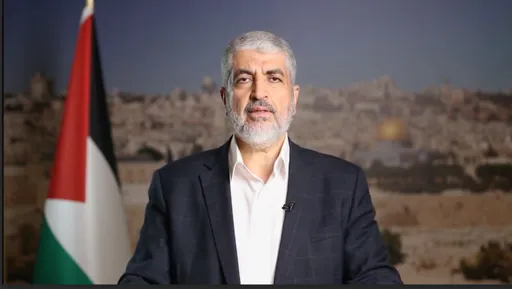Once again, the European Union has talked tough on Russia, only to become Moscow’s poodle when the going gets tough. Once again, EU states, when faced with tough political decisions, don’t lose much time in casting aside political capital they have in Brussels to support the EU project, in favour of doing whatever they want. And once again, the EU’s credibility sinks lower with voters under this present regime led by Ursula von der Leyen, European Commission president.
In a week of vaccine chaos where the EU couldn’t risk looking incompetent again, by officially going against its own medical body, Brussels gave the nod and wink to member states to block the Oxford-Astra Zeneca vaccine on the precarious evidence that it is linked to blood clots.
It’s clear this was a show of political support from EU member states, who have a real axe to grind against the UK and Brexit. The vaccine was blocked on cue following the theme already laid out by the European Commission to do everything it can to vex Britain and disrupt its trade.
There was a great deal of capital to be gained by the EU boss, If the EU’s own health authority (or even member states’) would have backed up the claims that the UK vaccine was problematic. But in the event, the backfire felt just like all the other stunts which had blown up in the EU’s face.
Once the European medical agency cleared the British vaccine – and member states reinstated it – the EU went off on another wild goose chase by suggesting that the European Commission itself would ban the production of the British vaccine by blocking the delivery to the UK of its main ingredients - produced in other EU countries.
There seems to be no limit to how far the European Union or its chief, Ursula von der Leyen, will go to harm the UK, after Brexit. The proof is in its obsession with the UK vaccine and trying to put the genie back in the bottle over wreckless policies on an EU vaccine strategy which has made Brussels, in the eyes of many EU voters, look more and more like a failed super state.
But there’s more madness to come.
On March 15, Reuters reported that two EU officials in Brussels admitted that they were looking at the possibility of buying the Russian vaccine ‘Sputnik V’ to help give a boost to the presently doomed EU program.
In the story, EU officials told Reuters that it needs four member states to call out for the Russian vaccine for it to be made into some kind of formal policy by Brussels. But how seriously can we take this statement from the European Commission which hardly has a track record of being entirely honest with the press?
Is it possible that one of the chief recalcitrant players – Italy – has already spoken of using one of its labs outside of Rome to process the Russian vaccine and that the European Commission doesn’t want to lose face, so is pretending – once again – that it is Brussels leading the vaccine initiative, and not member states? Perhaps.
Then again - on March 21, the EU’s Internal Market Commissioner Thierry Breton told the same press agency that there was ‘absolutely no need’ for the Sputnik V vaccine. The result is, again, pure chaos as battling messages are being launched from different silos within the European bloc.
What is clearer though, is that countries like Italy and Hungary are proving to be a real thorn in the side of the European Commission, which has made gaffe after gaffe in the last six months on vaccines and its lack of unity is being noted by millions of European citizens.
Even stalwart supporters of the bloc, some belonging to the UK ‘remain’ side in the Brexit process, are noticing how disorganised, ill-conceived and even chaotic Brussels’ decision making appears to be.
Real division is palpable in the bloc for the first time ever in its history. Countries like Germany and France stand firm with Brussels (to a point) in that they – along with the EU bosses - all share a bellicose desire to hit Britain at every given juncture.
On the other side of the fence, the vaccine fiasco has identified member states like Italy, Hungary, Slovakia and the Czech Republic which clearly don’t have much confidence in the project. Hungary, it should be noted, was the first country to ignore all threats from Brussels and order the Russian vaccine. Now, it seems, Italy – a founding member of the EU – is also happy to go it alone, forcing the EU to once again do a U-turn on its own policies and rhetoric.
For months, the EU expressed considerable doubts about Sputnik V citing a lack of data and, perhaps predictably, calling the vaccine a foreign policy propaganda tool of the Kremlin.
On February 17 von der Leyen questioned Russia’s reasons for exporting millions of doses despite a slow roll-out at home, where fewer people have been vaccinated proportionately than in the EU, based on public data. In Brussels, she is, of course, not alone in her thinking.
One wonders whether the EU itself should take a pause itself, before making any more press announcements. Or even better, just scrap all grandiose announcements over the vaccines altogether.
How much longer can Ursula von der Leyen stay in the job, presiding over a pusillanimous institution which can never mean what it says, as it never says what it means?
President Vladimir Putin doesn’t need Russia Today to beef up his international image. He has the EU and the US doing it all for him splendidly, it seems.























